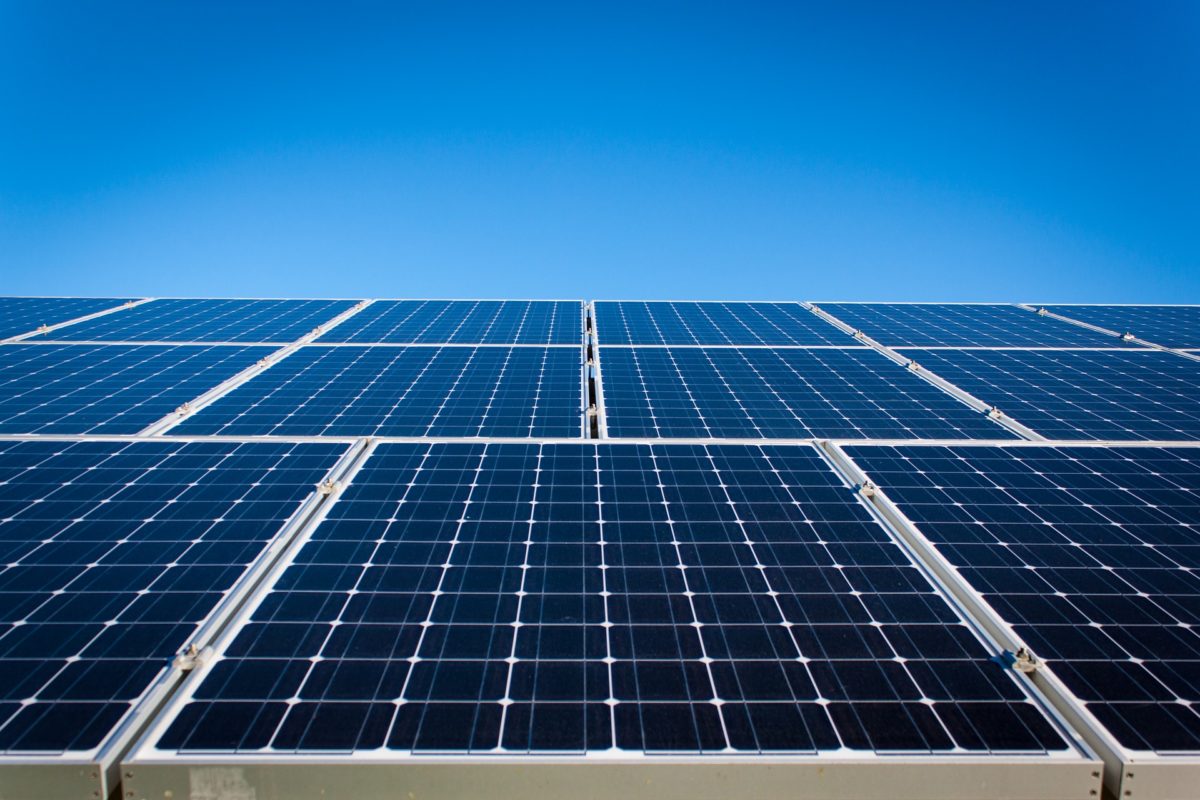From pv magazine Australia.
Netherlands-based renewables developer Photon Energy has signed agreements with private sector infrastructure fund manager Infradebt for debt financing of its first projects in Australia. The two PV power plants with a combined installed capacity of 14 MWp are being built on the outskirts of Leeton in the Riverina region of southern New South Wales (NSW).
“These are the two largest projects to be added to Photon Energy’s portfolio to date, and our first merchant projects providing competitive energy into the market,” said Michael Gartner, CTO of the Group and Managing Director of Photon Energy Australia. “The experience we gain in operating the power plants will be used to maximize revenues in the energy market.”
The two projects will join a host of PV projects in Australia unable or unwilling to lock into power purchase agreements (PPAs). As an established lender in the field, Canberra-based Infradebt Ethical Fund has already underpinned a number of merchant wind and PV projects to date, including Impact Investment Group’s three solar farms, which have a total capacity of 73 MW. “We have worked closely with Photon Energy over the past few months to provide a senior debt facility that supports their strategy in Australia,” said Alexander Austin, CEO of Infradebt.
New portfolio
Developed in-house, the Leeton and Fivebough solar farms represent the first Australian utility-scale PV projects in Photon Energy’s IPP portfolio. The company’s Australian arm will act as engineering, procurement and construction (EPC) contractor for both projects and provide long-term O&M services after their commissioning, which is expected in Q4 2020.
Each power plant has a grid connection capacity of 4.95 MW AC and an installed capacity of 7 MW DC. The two projects will feature bifacial PV modules mounted on single-axis trackers and will supply the produced electricity to Essential Energy’s distribution network as non-scheduled generators.
The combined annual electricity production of both PV power plants is forecast to be 26.8 GWh and will be sold on the spot market. The plants will also try to capture the value of the Large Generation Certificates (LGCs), the price of which has been on a downward trajectory with the Renewable Energy Target (RET) now met and nothing to replace it beyond 2020.
Although no power purchase agreement (PPA) has been secured, Photon Energy says that PPAs may play a role in the plants’ future revenue management strategy, alongside other price-hedging options.
“We will be actively managing the plants in response to changes in market pricing, as well as planning for the addition of energy storage, to enable the plants to position themselves in the market as it transitions from centralized fossil-fuel-burning power plants to distributed low-cost renewables,” said Gartner.
Branching out
Thus far, Photon Energy has been very active in Australia in the capacity of a project developer. Together with Canadian Solar, the company developed five utility-scale projects in New South Wales with a planned installed capacity of 1.1 GWp. Last year, it left two of the aforementioned projects – the 230 MW Suntop 1 and 115 MW Gunnedah Solar Farm – selling its 25% stakes. Later in 2019, it also sold its 51% stake in the 100 MW Brewongle Solar Farm, which was still in a relatively early stage of development.
In addition, Photon’s EPC business in Australia doubled with revenues growing to $11.2 million with 6.5 MWp of solar installed. The highlights were the roll-out of 31 rooftop installations for Aldi supermarkets totaling 4.6 MWp as well as the completion and the signing of an EPC contract for the installation of a hybrid 1.2 MWp solar and 3.2 MWh battery storage off-grid solution for the UNESCO-listed Lord Howe Island.
Most recently, Photon Energy bought a minority equity stake in the Australian technology company RayGen in order to develop global renewable energy projects suitable for the roll-out of RayGen’s unique “solar hydro” concentrated solar and thermal storage technology. Photon Energy will act as a project developer and EPC contractor and – where suitable – as an equity investor in the projects, which will be supplied by RayGen. The partnership includes the development of a 100 MWp/1000 MWh solar-plus-storage project.
The only merchant projects in Photon’s Australian utility-scale development pipeline, the Leeton and Fivebough PV power plants, will be located in the heart of the Murrumbidgee Irrigation Area, famous for the production of citrus fruits and wine. It is also an area of significant energy use, which has traditionally used energy from large coal power plants located hundreds of kilometers away.
“Today is another milestone for Photon Energy, with the start of construction on the first two utility-scale power plants in Australia to be added to our portfolio, which will help the Group in reducing the seasonality of electricity-generation revenues globally,” said Georg Hotar, CEO of Photon Energy. “Our merchant approach in Australia paves the way for grid-competitive assets to be developed and added to our European markets and elsewhere in the world.”
This content is protected by copyright and may not be reused. If you want to cooperate with us and would like to reuse some of our content, please contact: editors@pv-magazine.com.




By submitting this form you agree to pv magazine using your data for the purposes of publishing your comment.
Your personal data will only be disclosed or otherwise transmitted to third parties for the purposes of spam filtering or if this is necessary for technical maintenance of the website. Any other transfer to third parties will not take place unless this is justified on the basis of applicable data protection regulations or if pv magazine is legally obliged to do so.
You may revoke this consent at any time with effect for the future, in which case your personal data will be deleted immediately. Otherwise, your data will be deleted if pv magazine has processed your request or the purpose of data storage is fulfilled.
Further information on data privacy can be found in our Data Protection Policy.